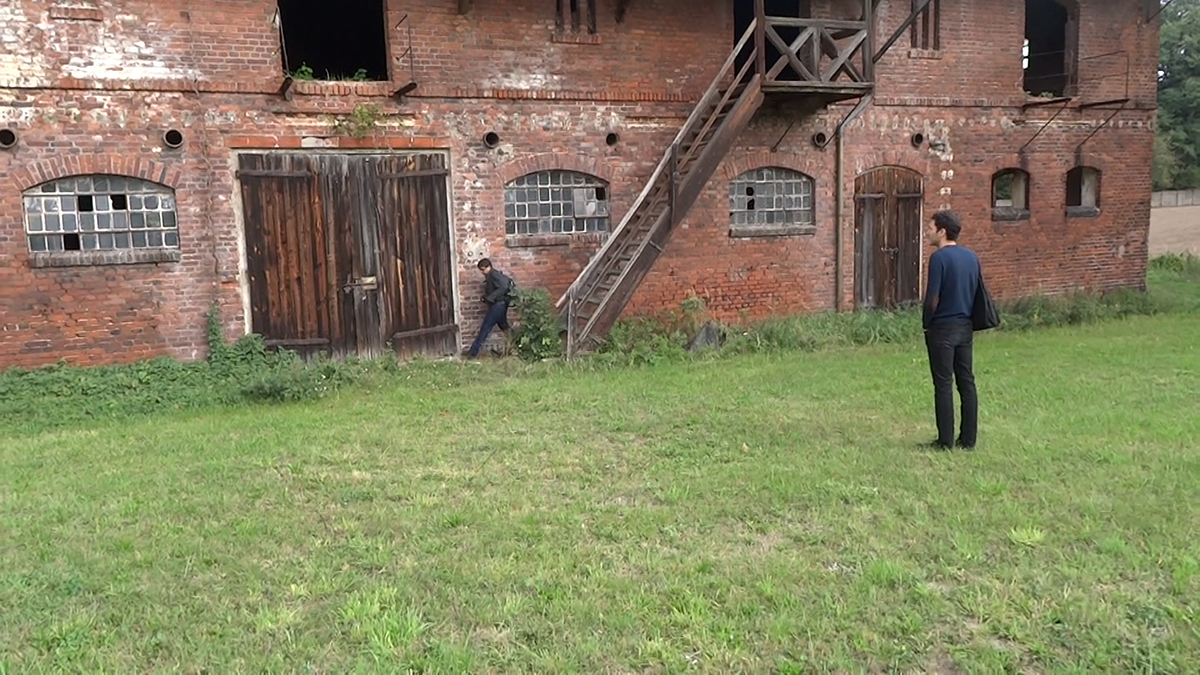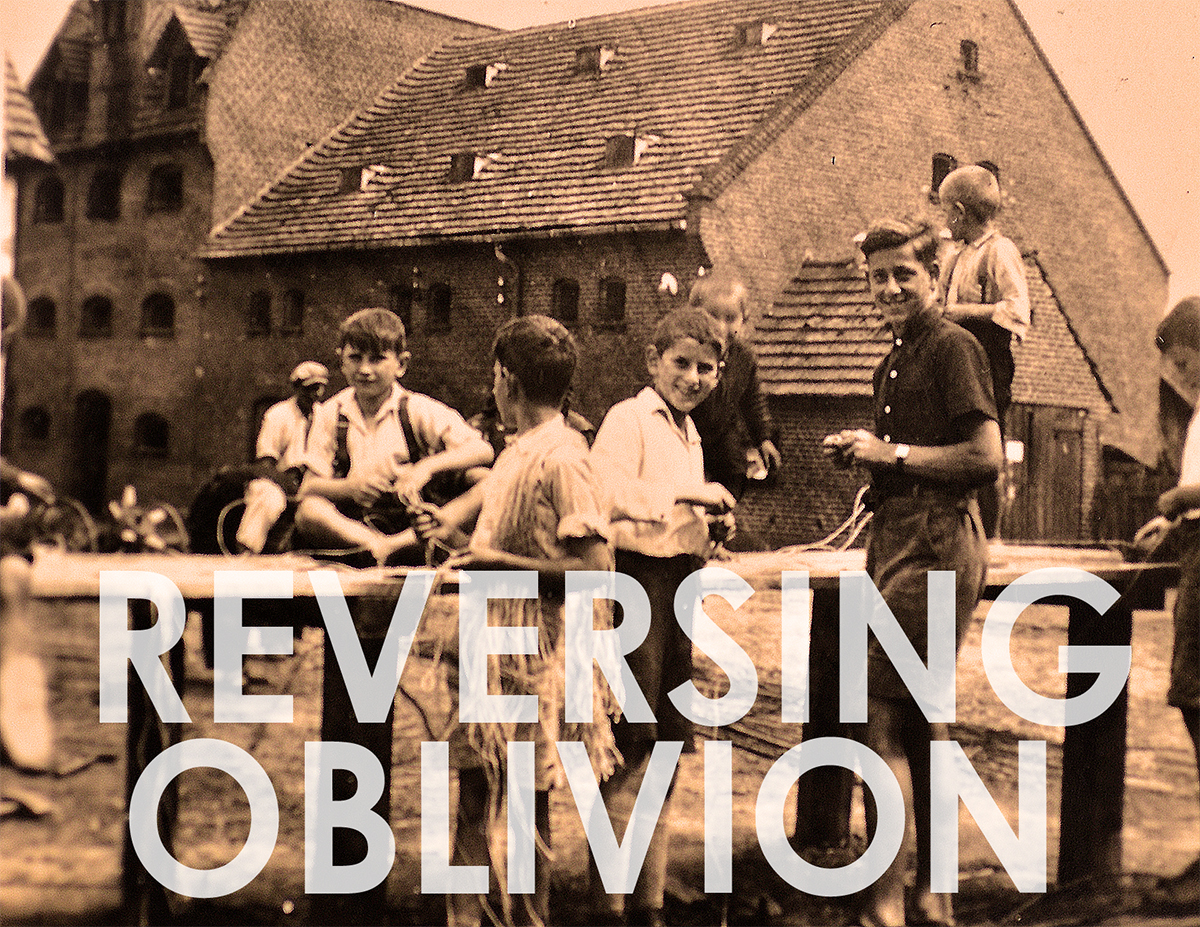Film explores student work at Polish estate, family's Jewish roots

The documentary film “Reversing Oblivion,” featuring Cornell architecture students who traveled to Poland to explore new possibilities for a farm estate in Upper Silesia, will screen on campus March 21 in a program from 5 to 7 p.m. in Milstein Auditorium.
The recently released 49-minute film will be followed by a Q&A with the filmmakers, Ann Michel ’77 and Philip Wilde ’73, and other participants.
Students in assistant professor of architecture Aleksandr Mergold’s fall 2015 design plan studio sought to imagine a new incarnation for the mid-19th-century agricultural estate known as Bzionkow, after its conflicted history in German Silesia, now part of Poland.
The film is also the story of Michel’s discovery of her Ithaca family’s lost history, their connection to Bzionkow and their hidden Jewish roots, and the quest to uncover the trauma the family experienced in their ancestral homeland during World War II.
Until the late 1990s, Michel believed that her grandmother’s family had been wealthy Germans. In fact, they were Polish Jews who had fled to America in 1939. Seized by the Nazis during the war, their property at Bzionkow later housed Russian Red Army officers and became a socialist collective farm. It fell into ruin through the end of the 20th century.
The estate was abandoned and for sale when the filmmakers visited in 2013, and seeing the state of the buildings inspired Michel to explore whether it could be salvaged.
Thinking that young architects might be able to help envision a future for Bzionkow, she was introduced to Mergold, who was intrigued. He focused on the estate for his fall 2015 class, one of a series of design plan studios that work with stakeholders across the globe on problems that designers and architects can help solve.

The students spent 10 days at Bzionkow in September 2015. The trip and projects they produced in the studio are featured in “Reversing Oblivion,” including their work surveying and drawing the buildings, workshops with local design faculty, and presenting their plans for the estate’s preservation and transformation to residents at a town meeting in neighboring Dobrodzien.
Along with the filmmakers and Mergold, participants in the March 21 Q&A include professor of anthropology Jonathan Boyarin, the Mann Professor of Modern Jewish Studies; Arista Jusuf, B.Arch. ’16; and fifth-year architecture students Paola Cuevaz Baez ’17, Sagar Karnavat ’17 and Stefan Krawitz ’17.
Co-sponsors of the event include the Department of Architecture; the Jewish Studies Program; and Critically Now, a pop-up event series presented by the College of Architecture, Art and Planning.
Media Contact
Get Cornell news delivered right to your inbox.
Subscribe